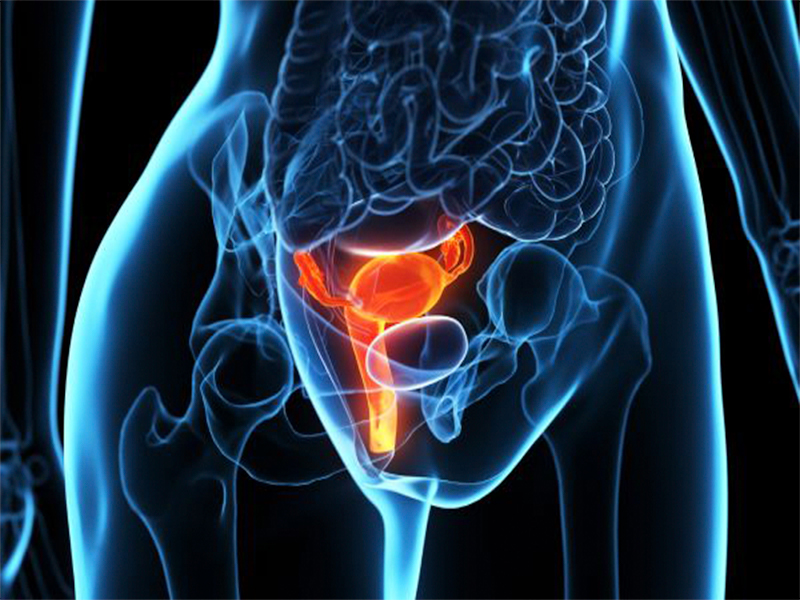Enquire Now

An ectopic pregnancy occurs when a fertilized egg implants outside the uterus, typically in the fallopian tube. This is a life-threatening condition that requires immediate medical attention.
1. Damaged Fallopian Tubes : Scarring, inflammation, or damage to the fallopian tubes can increase the risk of ectopic pregnancy.
2. Previous Ectopic Pregnancy : Women who have had a previous ectopic pregnancy are at higher risk.
3. Fertility Treatments : Women undergoing fertility treatments, such as in vitro fertilization (IVF), are at higher risk.
4. Smoking : Smoking increases the risk of ectopic pregnancy.
5. Pelvic Inflammatory Disease (PID) : PID can cause scarring and damage to the fallopian tubes, increasing the risk of ectopic pregnancy.
1. Abdominal Pain : Severe, sharp, or crampy pain in the lower abdomen.
2. Vaginal Bleeding : Light to heavy bleeding, which may be accompanied by clotting or tissue.
3. Shoulder Pain : Referred pain in the shoulder or neck due to internal bleeding.
4. Dizziness or Fainting : Feeling lightheaded or faint due to internal bleeding.
5. Nausea and Vomiting : Feeling queasy or vomiting due to hormonal changes or internal bleeding.
1. Pelvic Exam : A healthcare provider will perform a pelvic exam to check for tenderness, pain, or masses.
2. Ultrasound : An ultrasound will be performed to confirm the presence of an ectopic pregnancy.
3. Blood Tests : Blood tests will be performed to check for pregnancy hormone levels and rule out other conditions.
1. Medication : Methotrexate may be prescribed to stop the growth of the ectopic pregnancy.
2. Surgery : Laparoscopic surgery or open surgery may be performed to remove the ectopic pregnancy and repair any damage.
3. Expectant Management: In some cases, the healthcare provider may recommend expectant management, where the ectopic pregnancy is monitored closely to see if it resolves on its own.
Enquire Now